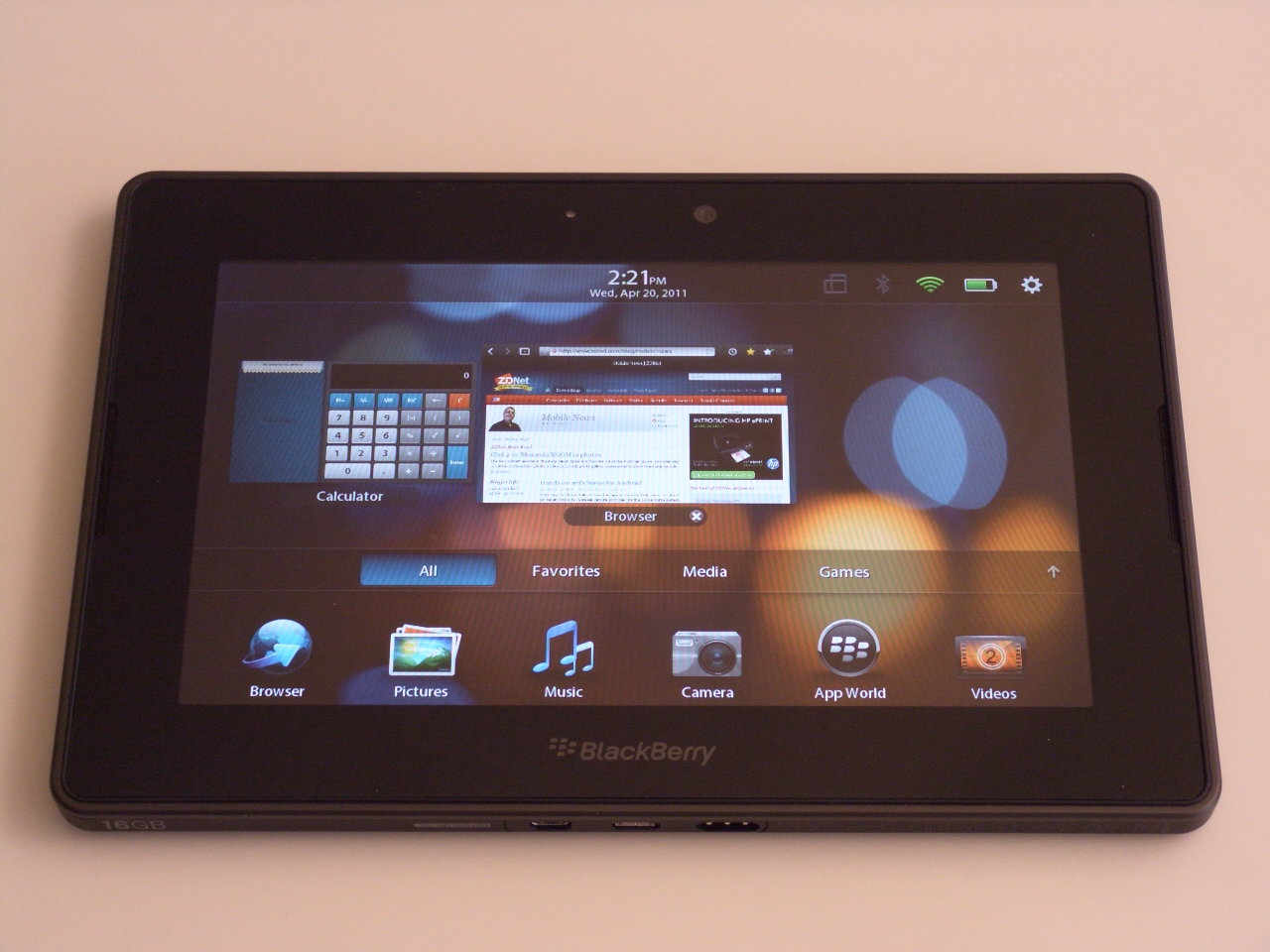RIM releases SDK for PlayBook game developers


The PlayBook first received a system update this week that primarily addresses performance issues with the BlackBerry Bridge software that lets certain BlackBerry phones connect to the PlayBook. This is the only way to get native email on the tablet, so this is a big deal to PlayBook owners using it with a phone. RIM has still failed to release the native PlayBook email and contacts solution that eliminates the need for a partner phone, and word is that will not appear until this fall.
RIM's inability to get this native email solution working on the PlayBook, coupled with the non-appearance of the hyped Android Player on the tablet makes it seem to those on the outside that the PlayBook must be pretty hard to produce software for that works. That makes it more important than ever to get as many outside developers working on the platform, so the release of the Native SDK for BlackBerry Tablet OS as RIM is calling it is a good thing.
The only problem is it is in beta and a closed beta at that, meaning developers have to apply for access to the SDK. Instead of getting it in as many hands as possible, RIM is warning applicants that "interested developers should apply to the beta quickly as space is limited and will be granted on a first come first served basis." That sends a message to the developer community that "we want your help, just not too much of it".